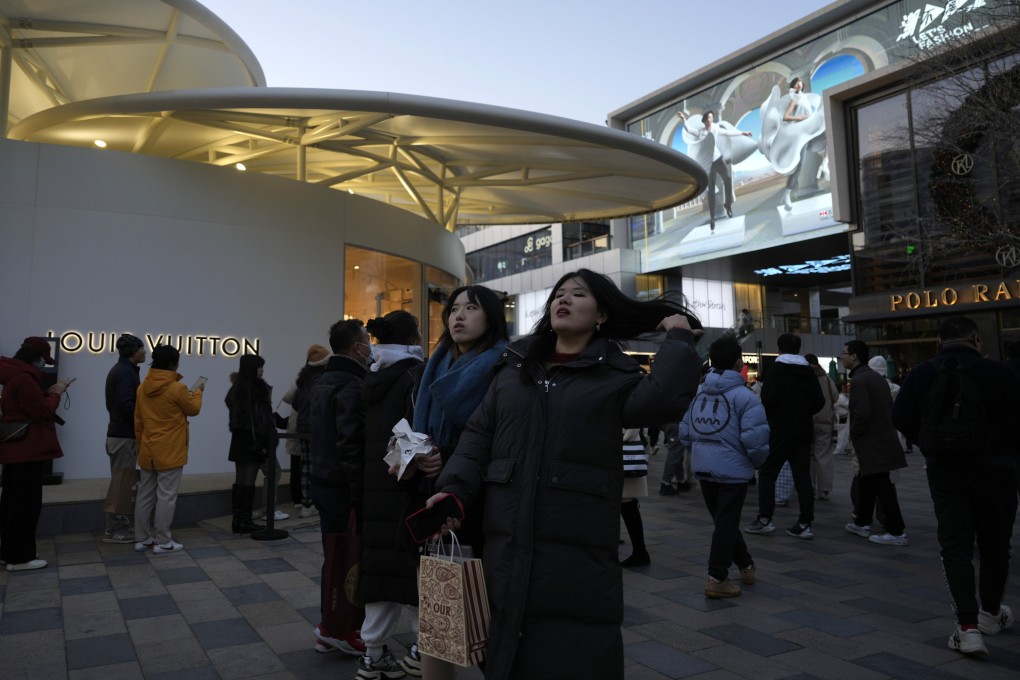China’s local governments raise minimum wages to boost consumption
Sizeable middle- and low-income groups seen as key to expanding domestic demand and stimulating economic growth

Local governments in China have been raising minimum wages, viewing a boost to the spending power of the country’s middle- and low-income groups as a top priority in efforts to stimulate consumption in an economy beset with external uncertainties.
Five provincial-level regions – the provinces of Shanxi and Sichuan, the Inner Mongolia and Xinjiang Uygur autonomous regions, and the southwestern megacity of Chongqing – increased their minimum wages recently, according to data released by the Ministry of Human Resources and Social Security on Monday, with the increases ranging from 70 yuan (US$9.55) a month to over 200 yuan.
Chongqing raised its minimum monthly wage, which was 2,000 yuan in October, to 2,200 yuan, representing a 10 per cent increase. Meanwhile, neighbouring Sichuan also raised its minimum wages by 17.6 per cent, from 1,870 yuan to 2,200 yuan.
Xinjiang, in western China, previously had the country’s lowest minimum wage at 1,540 yuan a month, but it now mandates a minimum wage of 1,750 yuan a month, up 13.6 per cent from the previous level.
Due to varying standards of living across China, local governments set their own minimum wages. The minimum wage in Shanghai, China’s financial hub, remains the highest at 2,690 yuan a month, with the national capital, Beijing, in second place on 2,420 yuan.
Nearly half of China’s provincial-level governments increased minimum wages last year.
